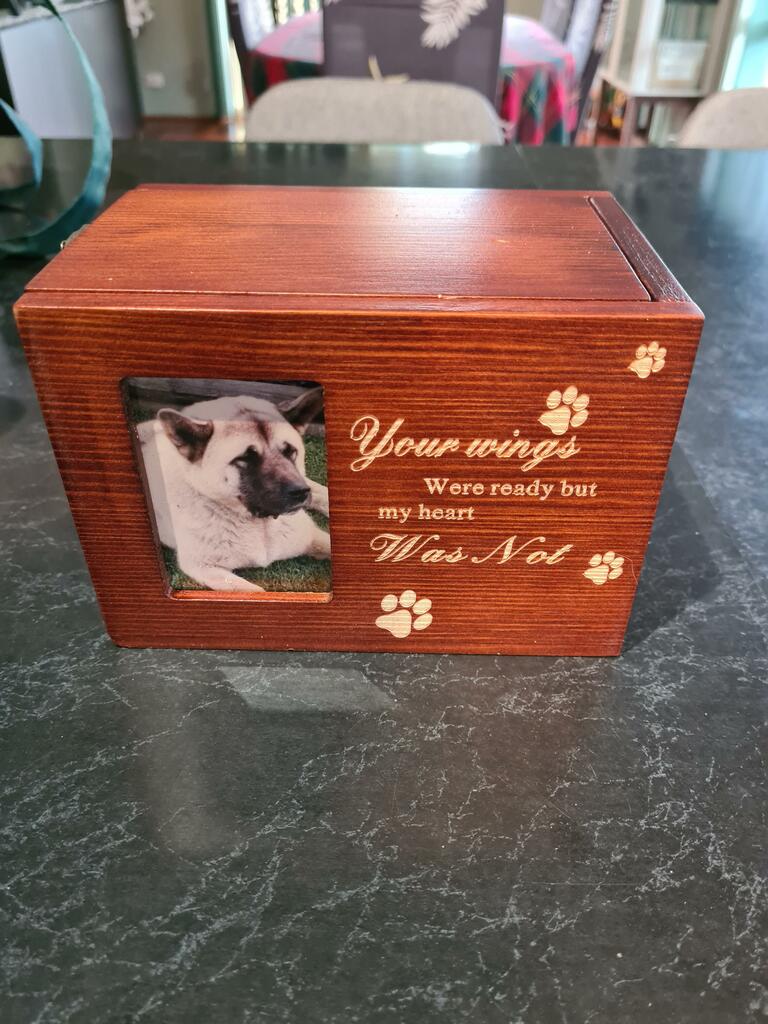All Obituaries, Death Notices & Memorials: Honoring and Remembering Loved Ones
Losing a loved one is undoubtedly one of the most challenging experiences we face in life. The process of grieving can be overwhelming, and finding ways to honor and remember those who have passed away becomes an essential part of the healing journey. Obituaries, death notices, and memorials play a crucial role in paying tribute to the lives lived and providing comfort to those left behind. In this article, we will explore the significance of these practices and how they contribute to the grieving process.
The Purpose of Obituaries: Preserving Legacies
Obituaries serve as a written record of a person’s life, accomplishments, and impact on the world. They provide an opportunity to honor the deceased and celebrate their achievements. Obituaries are typically published in newspapers, online platforms, or shared privately among family and friends. They offer a space to share stories, memories, and important details about the person who has passed away. Writing an obituary can be a deeply personal and cathartic experience, allowing loved ones to reflect on the life of their departed family member or friend.
Personal Experience: I vividly remember the day I sat down to write my grandmother’s obituary. It was a bittersweet moment, as I relived cherished memories while also grappling with the reality of her absence. Crafting her obituary allowed me to honor her life by highlighting her many accomplishments and the impact she had on our family.
Death Notices: Informing the Community
Death notices, often confused with obituaries, serve a different purpose. While obituaries focus on celebrating a person’s life, death notices primarily inform the community about the passing of an individual. They provide essential details such as the date, time, and location of the funeral or memorial service. Death notices are usually more concise than obituaries and can be found in newspapers or online publications. They serve as a way to alert those who knew the deceased or were part of their community, ensuring they have the opportunity to pay their respects.
Memorials: Creating Lasting Tributes
Memorials offer a physical or digital space for remembrance and reflection. They can take various forms, such as headstones, plaques, online memorial pages, or dedicated websites. Memorials provide a focal point for family and friends to gather, share stories, and honor the memory of their loved ones. These spaces often become places of solace, allowing individuals to connect with their emotions and find comfort in the collective remembrance.
Personal Experience: Attending my best friend’s memorial service was a poignant experience. Seeing the photographs, listening to heartfelt speeches, and witnessing the outpouring of love from those who knew her brought solace and closure. The memorial became a sanctuary where we could collectively process our grief and find support in one another.
The Healing Power of Rituals
Obituaries, death notices, and memorials are all part of the healing process. They provide a framework for mourning and allow individuals to come together to share their grief. These rituals help navigate the complex emotions associated with loss and provide comfort during challenging times. By honoring and remembering our loved ones, we find solace, closure, and a sense of continuity.
Summary:
In conclusion, obituaries, death notices, and memorials play an integral role in honoring and remembering loved ones who have passed away. They offer an avenue for sharing stories, preserving legacies, and finding solace in the collective remembrance of those we have lost. These practices provide comfort and support during the grieving process, allowing individuals to navigate their emotions and find healing in the midst of loss.













